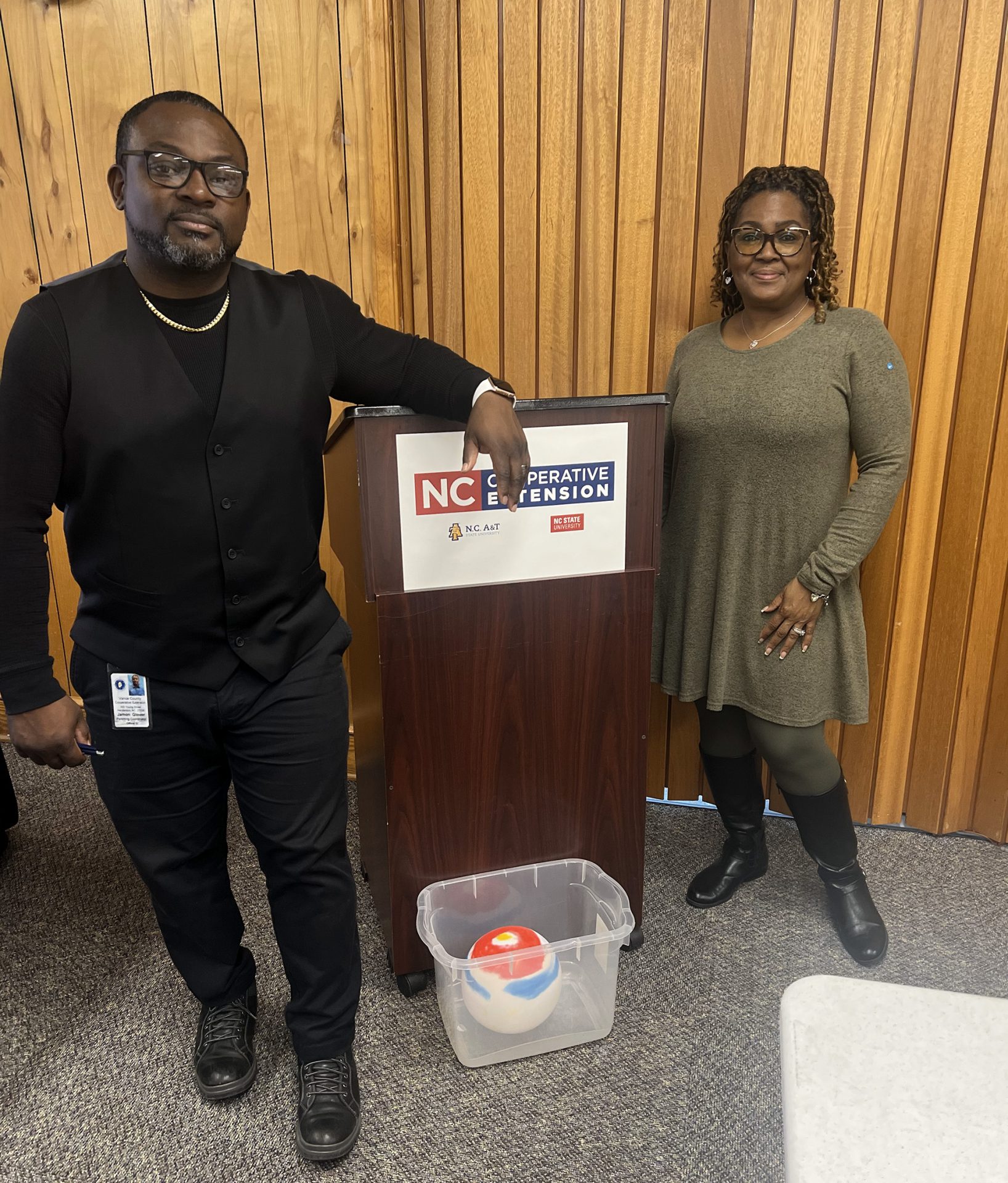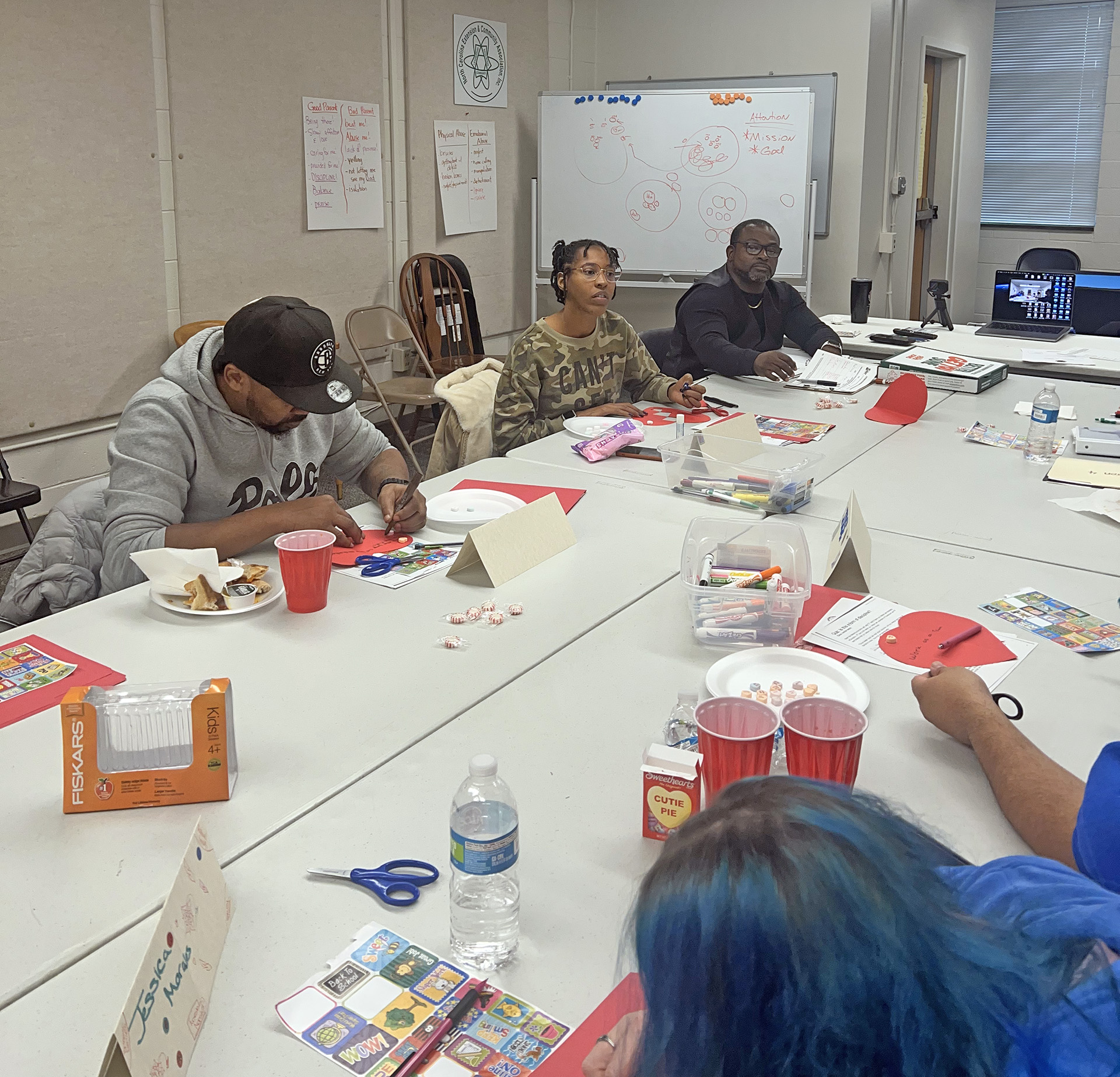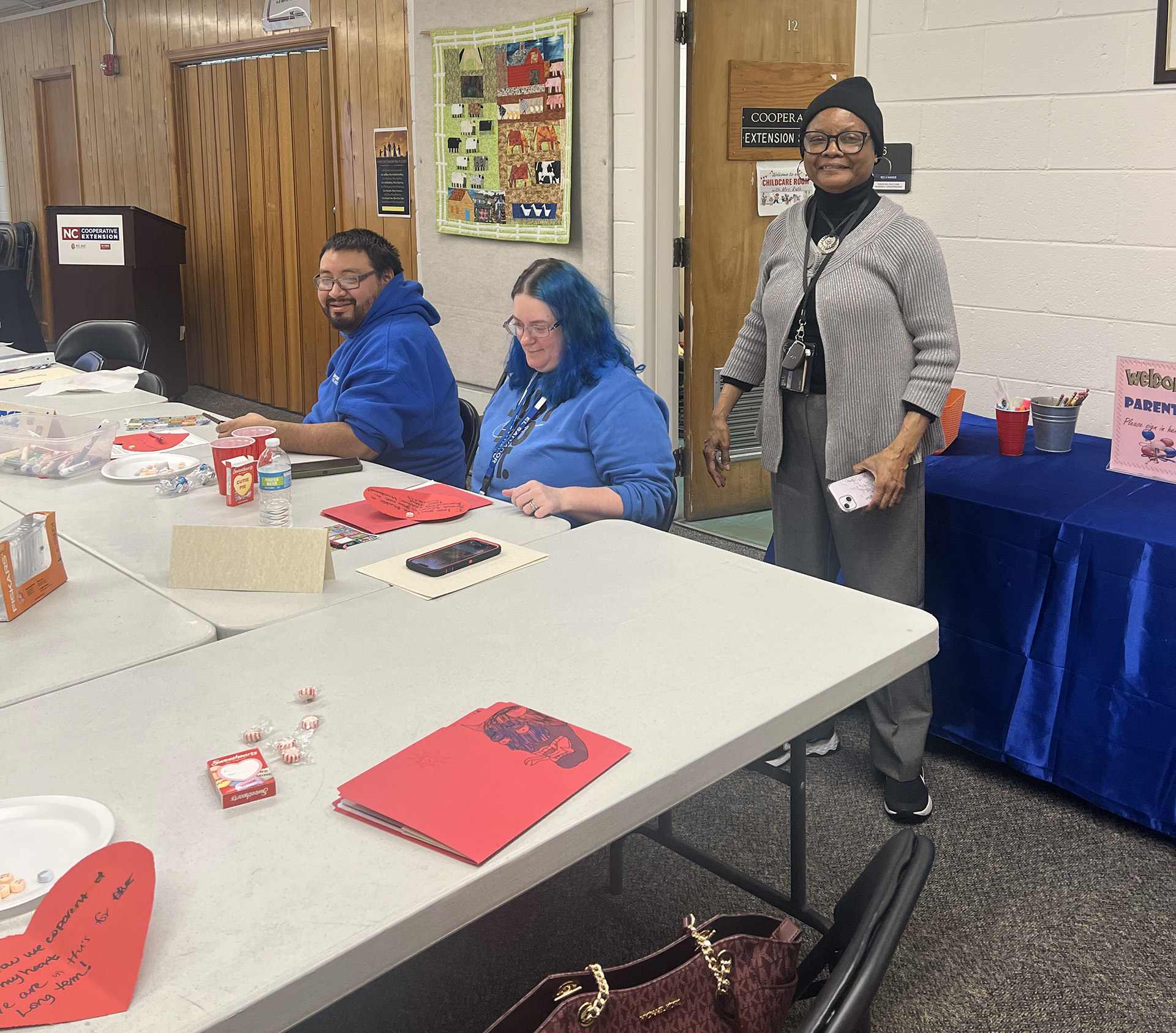The Supporting Father Involvement (SFI) program is an evidence-based intervention designed to enhance fathers’ positive involvement with their children and families.

Key Components
- Curriculum: Focuses on strengthening father-child relationships, co-parenting skills, and overall family well-being. It covers topics like child development, positive discipline, communication, and stress management.
- Group Sessions: Fathers (or couples) participate in weekly group meetings led by trained facilitators. These sessions provide a supportive environment for learning, sharing experiences, and building connections with other fathers.
- Case Management: Individualized support is offered to address specific needs and challenges faced by fathers and their families.
- Organizational Change: Efforts are made to create a more father-friendly environment within organizations serving families.
Goals
- Increase fathers’ positive involvement and engagement in their children’s lives.
- Reduce family conflict and stress.
- Improve children’s well-being and development.
- Enhance co-parenting relationships

Target Population
Research
The SFI/PasP program was designed for couples/parenting partners meeting in groups but it can be adapted to a fathers group format. Four to six couples/co-parents or eight to ten fathers who are raising at least one young child together meet weekly, although larger groups have been used and reported effectiveness and satisfied parents. The groups meet for 32 hours, typically for 16 2-hour weekly sessions. Some groups have introduced scheduling variations that include one full day, then 10 weekly sessions, ending with another full day; or 11 weeks of longer sessions.
Each week couples/co-parenting partners or fathers meet together. In the couples groups, mothers and fathers meet separately in two of the weeks; fathers meet with the male co-leader and bring their youngest child for a play session, to highlight the men’s parenting without the women present. At the same time, mothers/parenting partners meet with the female co-leader to share their experience of encouraging fathers’ parenting while honoring their own parenting ideas.

